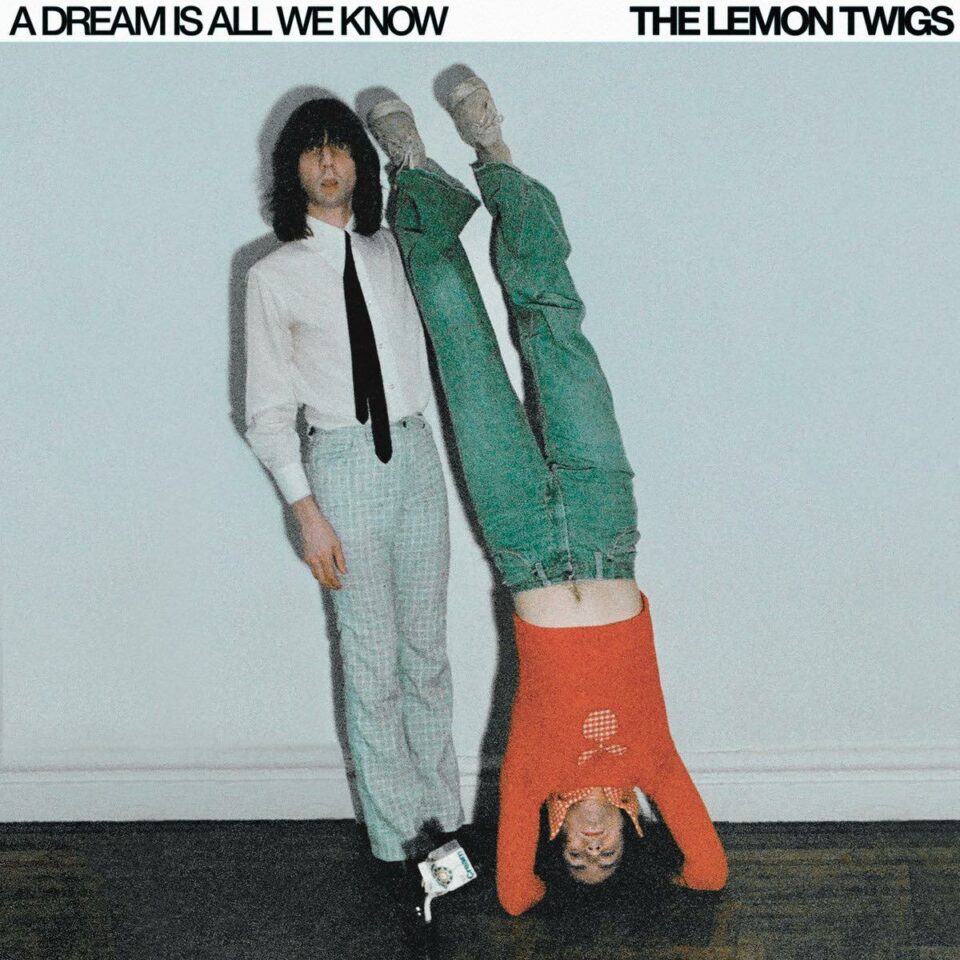Andrew Hung
Deliverance
LEX
There’s a certain symmetry that comes with the arrival of Andrew Hung’s third album, Deliverance, released only a few weeks after the 10th anniversary of his third and final record with former collaborator Benjamin Power (a.k.a. Blanck Mass) in the psychedelic noise duo Fuck Buttons. Yet as that group reached their climax with a kind of maximalist clarity, with their music featured in Danny Boyle’s opening ceremony for the 2012 London Olympics before delivering the 2013 swan song Slow Focus, Hung has been on a different kind of trajectory, stripping back noise and immensity in favor of a more emotionally vulnerable kind of post-punk and art-pop sound.
With each of Hung’s solo records thus far, he’s maintained a level of aesthetic distance from the cacophonous tendencies of his former group, if not necessarily the panoramic electronic approach. Essentially, he makes pop songs whereas that band mostly teased out ideas of hooks through grander, avant-garde waves of sound. While Deliverance is rife with floor-shaking beats and powerful waves of synthesizers, there’s a reverence for space and openness that gives each song the opportunity to breathe, never crowding out his emotionally weighty vocals. Even with the BPMs turned up and the dancefloor primed on a song like “Love Is,” there’s no mistaking the twinge of pain in his voice when he sings, “Love is giving what was taken.”
That vulnerability is ever-present throughout Deliverance. A producer with Hung’s level of detail and production acumen could have very well filtered his voice through effects and given himself a few additional layers of emotional armor. Instead, he puts his vocal performances at the center, flawed and frayed, one with a wider range of feeling than tonally, but one that’s hard to mistake for anything but genuine. Against sleek goth-rock guitars on “Changes,” Hung emotes, “Change is everything” in a fetching shade of Robert Smith. And on the slo-mo bass crawl of “Don’t Believe It Now,” he delves even deeper into feelings of isolation, singing, “The world has turned around and left me in the dark / I feel so lonely now.”
But Deliverance, much as its title indicates, isn’t an album about wallowing in the darkness so much as searching for salvation in spite of it. As Hung once put it in a Reddit AMA, he makes “hopeful music,” and even in the most intense deluge of emotions on Deliverance, there’s always a life preserver to hold onto. Within the moody synth-pop haze of “Too Much,” Hung pleads, “Oh, love, carry me home / Before long.” And on “Never Be the Same,” he sings, “It’s time we found ourselves again,” echoing an overarching theme of belonging and connection—of finding your tribe, to borrow a phrase used by Hung himself in discussing the album. Hung offers an outstretched hand throughout Deliverance, often through a vast emptiness, but he does so holding fast to the faith that he’ll reach someone on the other side.









